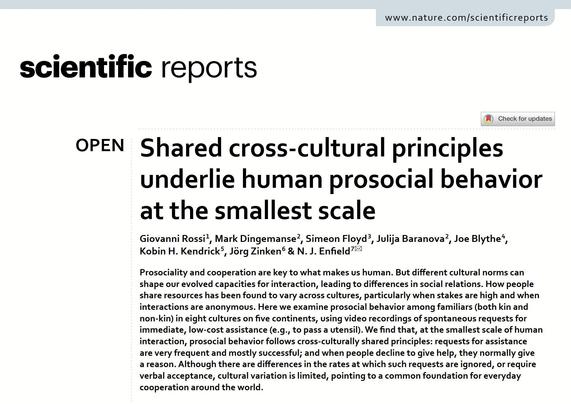"Part of our task in the face of generative AI is to make an argument for the value of thinking – laboured, painful, frustrating thinking."
"[W]e also need to hold our institutions accountable. [...] university administrators are highly susceptible to the temptations of technology-driven downsizing, big tech donations, and the appearance of being on the cutting edge."
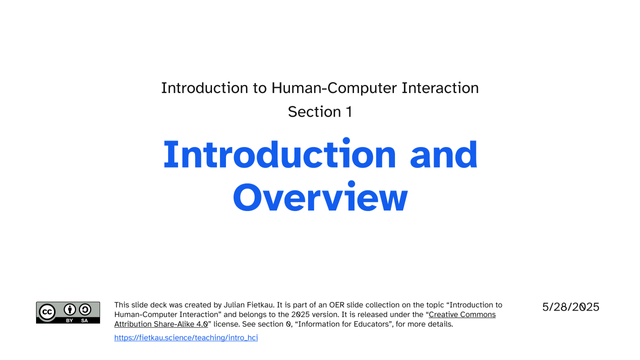
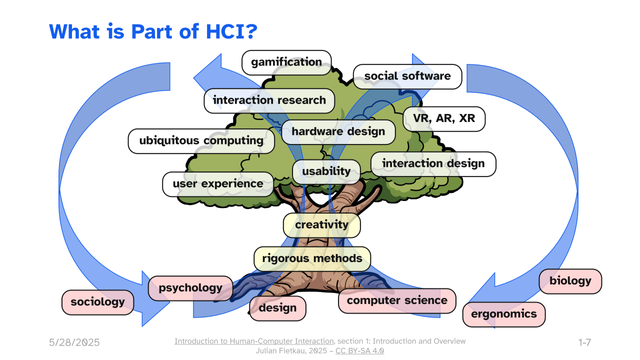
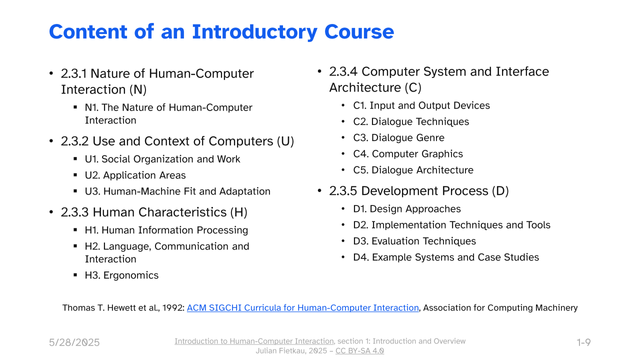
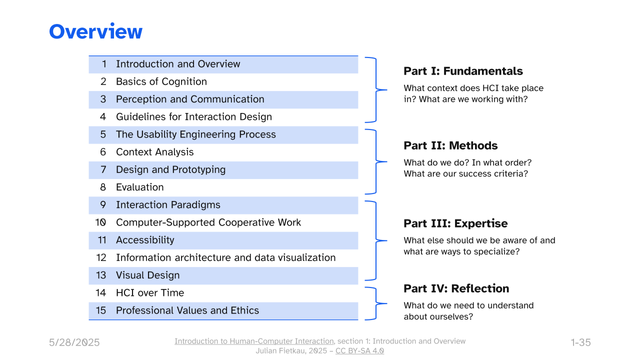

![ST MARY’S CATHEDRAL, SYDNEY, 13 MARCH 2025
Recent research led by the University of Sydney, UCLA and other tertiary institutions found that human beings say Yes to requests for help up to seven times more than they say No.[1] Their study, based on video recordings of everyday social interactions in various cultural contexts, show that ‘prosocial’ behaviour or cooperative interactions are very much part of our DNA. It seems we are hardwired to ask each other for help, to provide that help to others when we can, and to offer some explanation when we can’t.](https://files.mastodon.social/cache/media_attachments/files/114/199/046/350/138/558/small/a36fe942e1a54abd.jpg)
